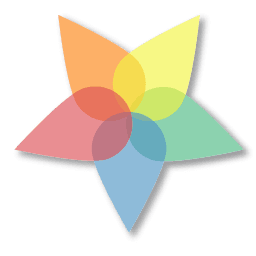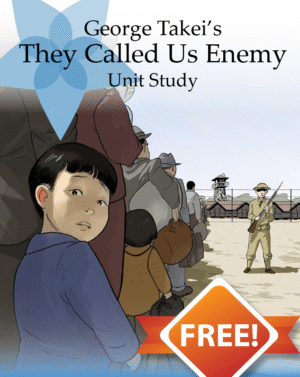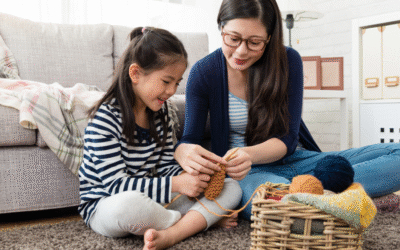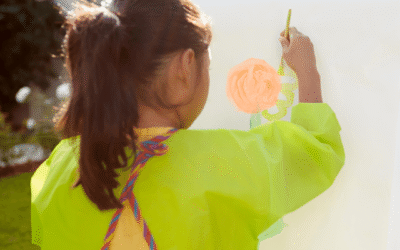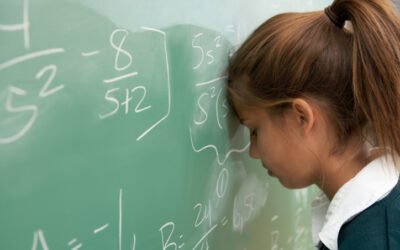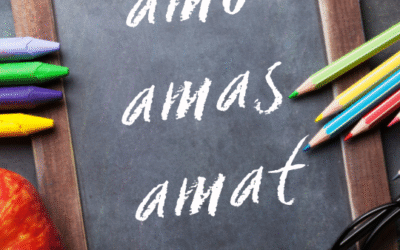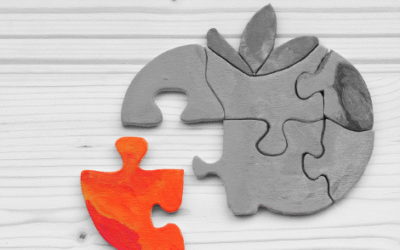Make Learning Fun!
Using beautiful picture books with engaging stories, you’ll teach your child about history, science, math, geography, and so much more.
Hands-on activities, games that inspire imaginative play, building, cooking, doing! That’s what learning with all your senses is all about.
The Best Way To Homeschool
Bringing Learning to Life
Our lessons show you how to engage your child’s senses so they do more than learn, they experience.
Engaging and Fun
You’ll use videos and other online tools to take what you are learning deeper. A wide range of topics to explore and adventures to be had are right at your fingertips.
Based on How Children Learn
Our programs work with your child and their natural curiosity about the world. Your child will learn with all five of their senses with playful games, activities, and hands-on experiences designed to create a deep understanding of the material.
Levels, NOT Grades
Every child deserves to be met where they are. Our programs are not based on age or grade level. They are based, instead, on skill level. We offer programs designed to work for a range of ages so that every child can find the right fit.
Fully Integrated to Teach ... well, Everything!
Every program covers social studies, history, science, art, health, language arts, and math. You don’t need a whole stack of lesson plans. We’ve got you covered so you don’t have to spend your whole day jumping from subject to subject.
Hands-on and Adaptable
Instead of focusing on reading and writing, we’ve built a program that includes hands-on activities, watching videos and engaging in discussions. We’ve included guides on how to adapt activities to your child’s own unique learning style and pace.
Easy To Use
Our programs are designed to fit naturally into your day. Each all-inclusive program requires little to no transition between subjects. And the supply list for each lesson is clear, upfront and includes simple things you have around the house.
Starting The Big Conversations Early
We give you the prompts to have age-appropriate conversations with your child about tough subjects like inclusivity, social justice, discrimination, and kindness. Talking about these things with your child now lays the foundation for the strong, compassionate person they will become.
Meet Laura
Kind Regards,
Laura
Laura Sowdon, OTR/L
Our Blog
Charlotte Mason: Old School Educational Theory That is Still Around
Charlotte Mason was a teacher in the late 1800’s who proposed education should be more well rounded for every child. It was a unique idea for her time and place.
Unit Study: Why they are the best way to learn.
Are you new to homeschooling? Or maybe you are just exploring your options for homeschooling and you came across the words “unit study” and wondered what that was. Let me give you an explanation.
Waldorf Education: Can it be homeschooled?
My first introduction Waldorf theory was through a preschool program I found online. The focus on nature and imaginative play really spoke to me.
The Myth of a Rigorous Education
Have you seen the discussions in homeschool groups about how you need to find “rigorous programs” for your child? Have you fallen into the trap of worrying that your curriculum choice is a bad one because it is just too easy or fun? Why do homeschoolers get so excited about rigor? Is it ever good?
Classical Education: Homeschooling in Hard Mode
Okay, so maybe my title is unfair. Maybe calling Classical homeschooling hard isn’t going to ring true for everyone. But it can be intense.
Starting to Learn Latin
I once said, “Sure, I’m a homeschooler, but not the kind that teaches Latin or something.” Shortly thereafter, my oldest child announced a desire to learn Latin.
Montessori Education: Does it work at Home?
Montessori is a style of education centering around the child and their choices, hands on learning, and collaborative play.
The Difference Between Parts-to-Whole and Whole-to-parts Learning
Have you ever heard of “whole-to-parts” or “parts-to-whole” learning? These are two different methods of teaching. They occur in math, language arts, science, and other curriculums. However, programs often don’t advertise which method they use. And the truth is, your child may learn better with one method than the other. Knowing how to spot the difference may be a big help in finding the right curriculum for your child.
What is Unschooling? Homeschooling Theory
Unschooling is a term that refers to a way to educate a child without traditional school methods. Let’s break this idea down and explore some pros and cons.
